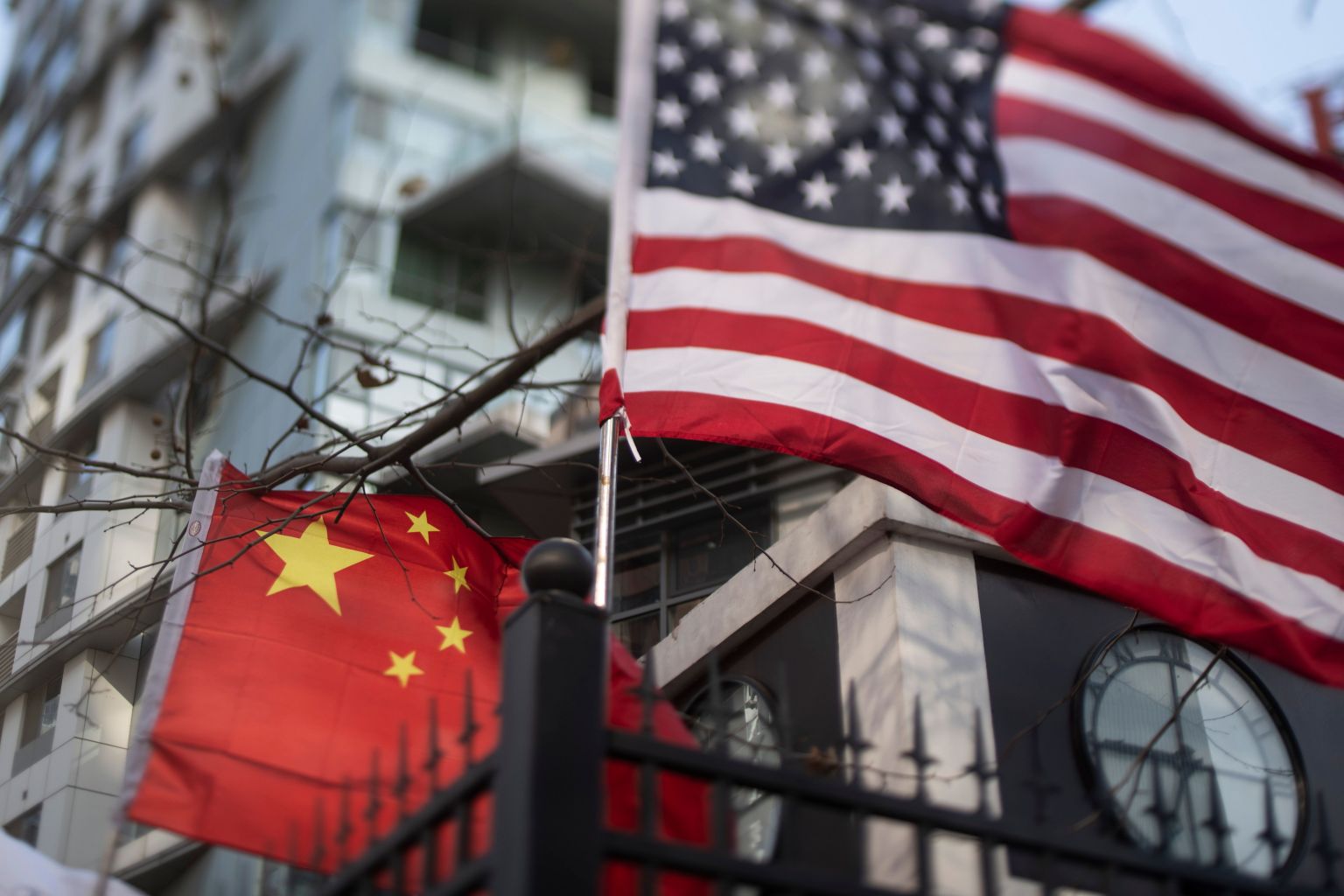China sets up intellectual property court ahead of upcoming trade talks with US
Sign up now: Get insights on Asia's fast-moving developments

Intellectual property violations are a long-time concern of the US and a source of friction between the two countries.
PHOTO: AFP
BEIJING - China's new Intellectual Property (IP) Court will begin hearing cases in January, as the country moves to better safeguard intellectual property rights, an issue the United States has long complained about.
It comes under the top-level Supreme People's Court, and will primarily hear IP appeal cases.
Mr Luo Dongchuan, vice-president of the Supreme People's Court, told a press conference on Saturday (Dec 29) that the new court signals China's determination to protect IP rights.
Intellectual property violations are a long-time concern of the US and a source of friction between the two countries.
The new court will begin its work just days before trade officials from both countries are expected to meet in Beijing.
"Establishing the IP Court of the Supreme People's Court is a major policy of the Communist Party's Central Committee and is a major measure by China to strengthen legal protection of IP rights. It will have a major impact both domestically and abroad," said Mr Luo.
IP cases in China are generally heard first in lower level courts in each of China's provinces, regions or municipalities, or in one of the three specialised IP courts in Beijing, Shanghai or Guangzhou.
Appeals are heard by provincial-level high courts.
With the new IP court, appeals for complex cases - for instance if these involve invention patents or technical secrets - can bypass provincial-level courts and go straight to the Supreme People's Court.
This will lead to more consistent judgements on complex cases, Mr Luo said.
Asked how the US should view this move by China, Mr Luo said protecting IP rights was a "basic national policy", and China is doing so not because of demands by foreign countries, but because it needs to do so as it continues to reform and open up.
"China is already the world's second largest economy, and its future development will rely on innovation. In order to protect innovation there needs to be legal protection for intellectual property rights," he said.
The IP court is the latest in a series of Chinese overtures ahead of upcoming trade talks, the first face-to-face meeting between officials of the two countries since Chinese President Xi Jinping and US President Donald Trump met in Argentina on Dec 1 and declared a truce in the trade war.
Since then, China has resumed purchases of US soybeans, temporarily suspended additional import tariffs on US cars and released a list of 38 punishments for IP violations.
On Wednesday (Dec 26), it also released a draft foreign investment law banning forced technology transfers. The US has long accused China of unfair trade practices involving such practices, which China denies.
Chinese experts said that Beijing is sending out "positive signals" ahead of the talks.
Professor Hong Tao from the Beijing Technology and Business University said the fact that China is making such concessions shows it is determined to resolve trade frictions with the US.
"By strengthening legal protection of IP rights, it shows China's sincerity in resolving trade issues, China does not want to worsen the conflict between both countries," said Prof Hong.
Dr Wang Huiyao, president of the Beijing-based Centre for China and Globalisation think-tank, said the ball was now in the US' court.
"The US should look at all of these positive measures and respond in a way to encourage continued openness by China," he said.


